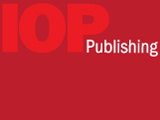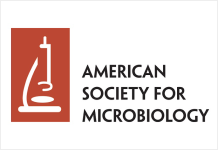
The Korea Institute of Science & Technology Information (KISTI) and IOP Publishing (IOP) have signed a memorandum of understanding (MOU) on a new strategic collaboration for the provision and dissemination of scientific research.
As a result of this partnership Korean researchers will get access to over 400,000 articles in the IOP Journal Archive, the definitive electronic collection for the scientific, technical and medical research community covering the years 1874-2011, and the Turpion Journal Archive covering the years 1958-2011. All institutions who are members of the KESLI (Korean Electronic Site License Initiative) will benefit from this new arrangement and Korean institutions that are not members of KESLI will now have access to both archives via a pay-per-view scheme.
The archives include important research in physics, mathematics and associated fields influenced by Nobel Prize-winning and Fields Medal-winning authors. Available electronically, the archives contain fully searchable PDF articles with linked HTML references and citations throughout so that researchers can easily find what they are looking for.
The memorandum of understanding was signed by Dr Young-Seo Park, President of KISTI, and Dr Olaf Ernst, Commercial Director of IOP on 13 September at the KERIS & KESLI 2012 Online Expo, Seoul, Korea. It follows the recent licence and pay-per-view agreement, which provides Korean institutions with access to the IOP Journal Archive and the Turpion Journal Archive.
Dr Young-Seo Park said, “This MOU between IOP and KISTI will allow Korea researchers to have the service for access to full text and pay per view. It will promote the partnership between KISTI and IOP; therefore, I believe that the MOU has great value as a starting point of building the advanced circulation model for scholarly information, which is based on the KESLI consortium.”
Dr Olaf Ernst said, “Digital archives open a window into the past and enrich current and future research. Library users in Korea engaged in academia, government research and medical environments will be able to exploit the full richness of this high quality content in scientific, technical and medical subjects for the benefit of learning and research. We are delighted to be working with KISTI to offer a better research experience to researchers in Korea and look forward to building on our successful partnership.”


























